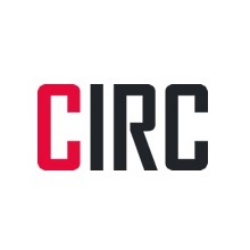


















José Luis Cuevas emerged in the mid-1950s as an independent artist who refused to subordinate his art to imposed standards and expectations. In his conflict with the artistic establishment he was defended by prominent critics and other artists of like mind and received crucial support from foreign sources, including the critic Marta Traba and curator José Gómez Sicre. He was heralded as an exemplar of the liberal spirit in Latin American art, and his frequent travels and personal associations placed him on an international stage. The present study of Cuevas’s activities from the mid-fifties through the early sixties considers him as a paradigmatic case of the “new” Latin American artist and as an agent in the process of dissolving barriers between the national artistic cultures of the region.